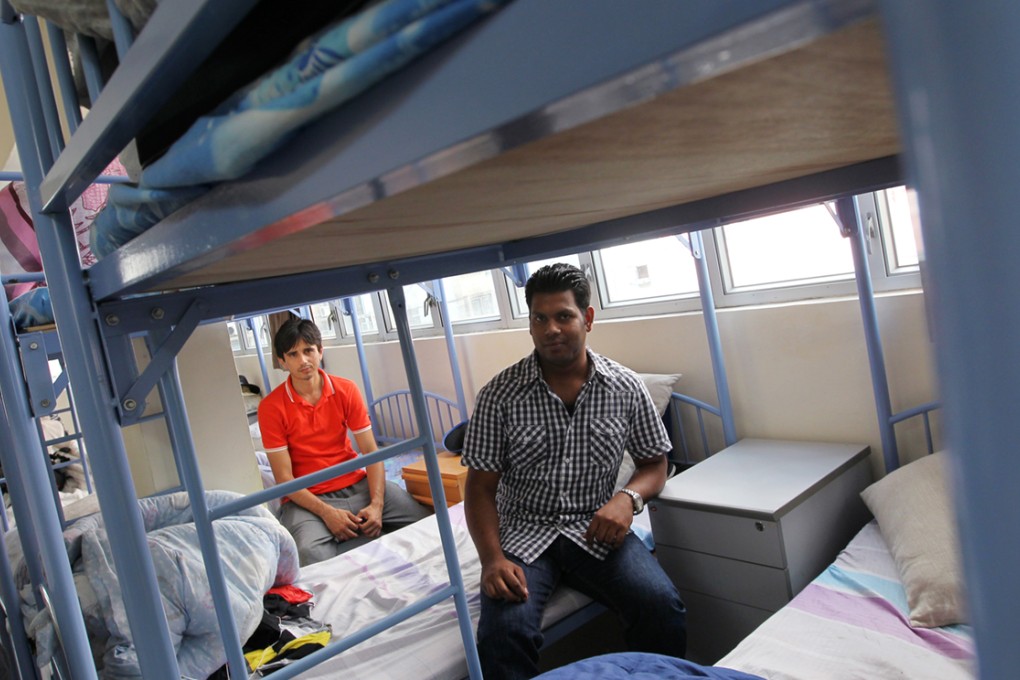Refugee screening system still slow and opaque, critics say
Revamped screening system has dealt with just 504 asylum seekers since March; 9,500 waiting

Asylum seekers are still facing years in limbo in Hong Kong under a new system to screen refugees and torture claimants that some say is just as opaque and slow as the old one.

When the system came in, the target was to screen 1,500 claims by February next year.
The previous system was criticised by NGOs helping asylum seekers as opaque, slow and subject to the whims of case officers.
The new mechanism was mandated by court rulings made last year, with all so-called non-refoulement claims - previously divided into government-screened torture claims and the UN-screened refugee claims - to be processed under one system.
"The recognition rate is at 0.2 per cent. We had hoped that the USM would address what the torture claim system couldn't. But there seems to be not much improvement," Victoria Wisniewski Otero of the Justice Centre said. "There is no accountability … lack of consultation [with advocacy groups], tough access to information."
Wisniewski Otero also questioned whether the screening process took into account the vulnerability of certain cases in terms of priority.